| Author: | Leslie E. Sponsel | ISBN: | 9780313364105 |
| Publisher: | ABC-CLIO | Publication: | July 19, 2012 |
| Imprint: | Language: | English |
| Author: | Leslie E. Sponsel |
| ISBN: | 9780313364105 |
| Publisher: | ABC-CLIO |
| Publication: | July 19, 2012 |
| Imprint: | |
| Language: | English |
An internet search for "Spiritual Ecology" and related terms like "Religion and Nature" and "Religion and Ecology" reveals tens of millions of websites. Spiritual Ecology: A Quiet Revolution offers an intellectual history of this far-reaching movement. Arranged chronologically, it samples major developments in the thoughts and actions of both historic and contemporary pioneers, ranging from the Buddha and St. Francis of Assisi to Wangari Maathai's Green Belt Movement and James Cameron's 2010 epic film Avatar.
This foundational book is unique in that it provides a historical, cross-cultural context for understanding and advancing the ongoing spiritual ecology revolution, considering indigenous and Asian religious traditions as well as Western ones. Most chapters focus on a single pioneer, illuminating historical context and his/her legacy, while also connecting that legacy to broader concerns. Coverage includes topics as diverse as Henry David Thoreau and the Green Patriarch Bartholomew's decades-long promotion of environmentalism as a sacred duty for more than 250 million members of the Orthodox Church worldwide. For more information, visit www.spiritualecology.info.
An internet search for "Spiritual Ecology" and related terms like "Religion and Nature" and "Religion and Ecology" reveals tens of millions of websites. Spiritual Ecology: A Quiet Revolution offers an intellectual history of this far-reaching movement. Arranged chronologically, it samples major developments in the thoughts and actions of both historic and contemporary pioneers, ranging from the Buddha and St. Francis of Assisi to Wangari Maathai's Green Belt Movement and James Cameron's 2010 epic film Avatar.
This foundational book is unique in that it provides a historical, cross-cultural context for understanding and advancing the ongoing spiritual ecology revolution, considering indigenous and Asian religious traditions as well as Western ones. Most chapters focus on a single pioneer, illuminating historical context and his/her legacy, while also connecting that legacy to broader concerns. Coverage includes topics as diverse as Henry David Thoreau and the Green Patriarch Bartholomew's decades-long promotion of environmentalism as a sacred duty for more than 250 million members of the Orthodox Church worldwide. For more information, visit www.spiritualecology.info.
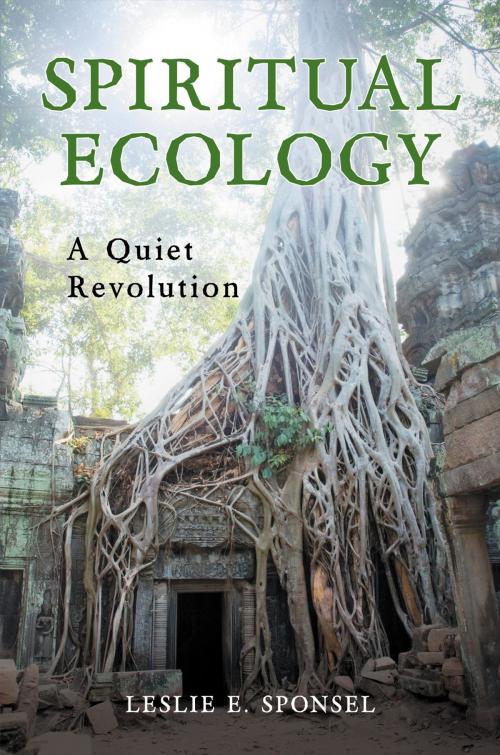
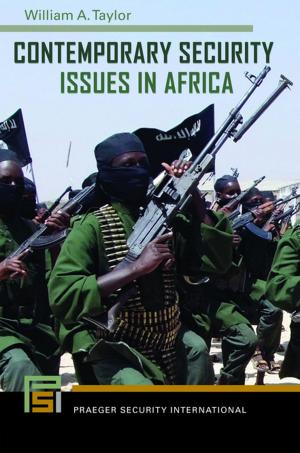

![Cover of the book The Definitive Shakespeare Companion: Overviews, Documents, and Analysis [4 volumes] by Leslie E. Sponsel](https://www.kuoky.com/images/2017/june/300x300/9781440834455-iWJA_300x.jpg)
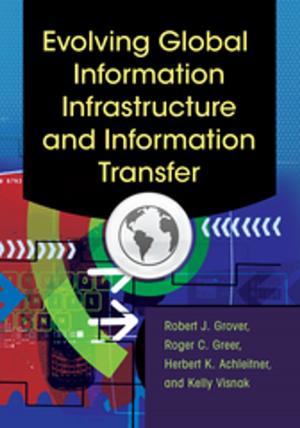
![Cover of the book "White" Washing American Education: The New Culture Wars in Ethnic Studies [2 volumes] by Leslie E. Sponsel](https://www.kuoky.com/images/2016/october/300x300/9781440832567-I2Ur_300x.jpg)

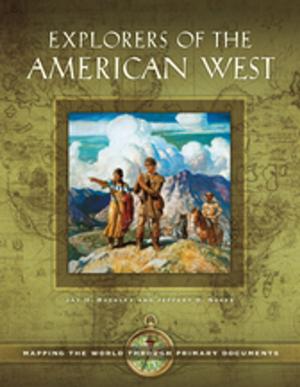


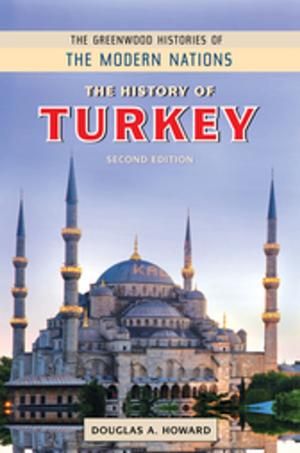
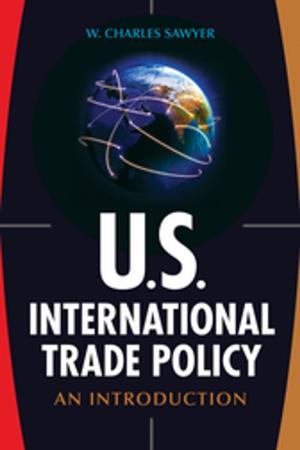
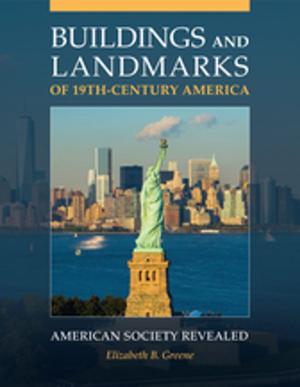
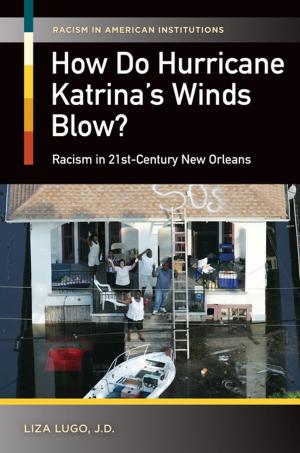

![Cover of the book Natural Resource Conflicts: From Blood Diamonds to Rainforest Destruction [2 volumes] by Leslie E. Sponsel](https://www.kuoky.com/images/2016/september/300x300/9781610694650-V8Fu_300x.jpg)